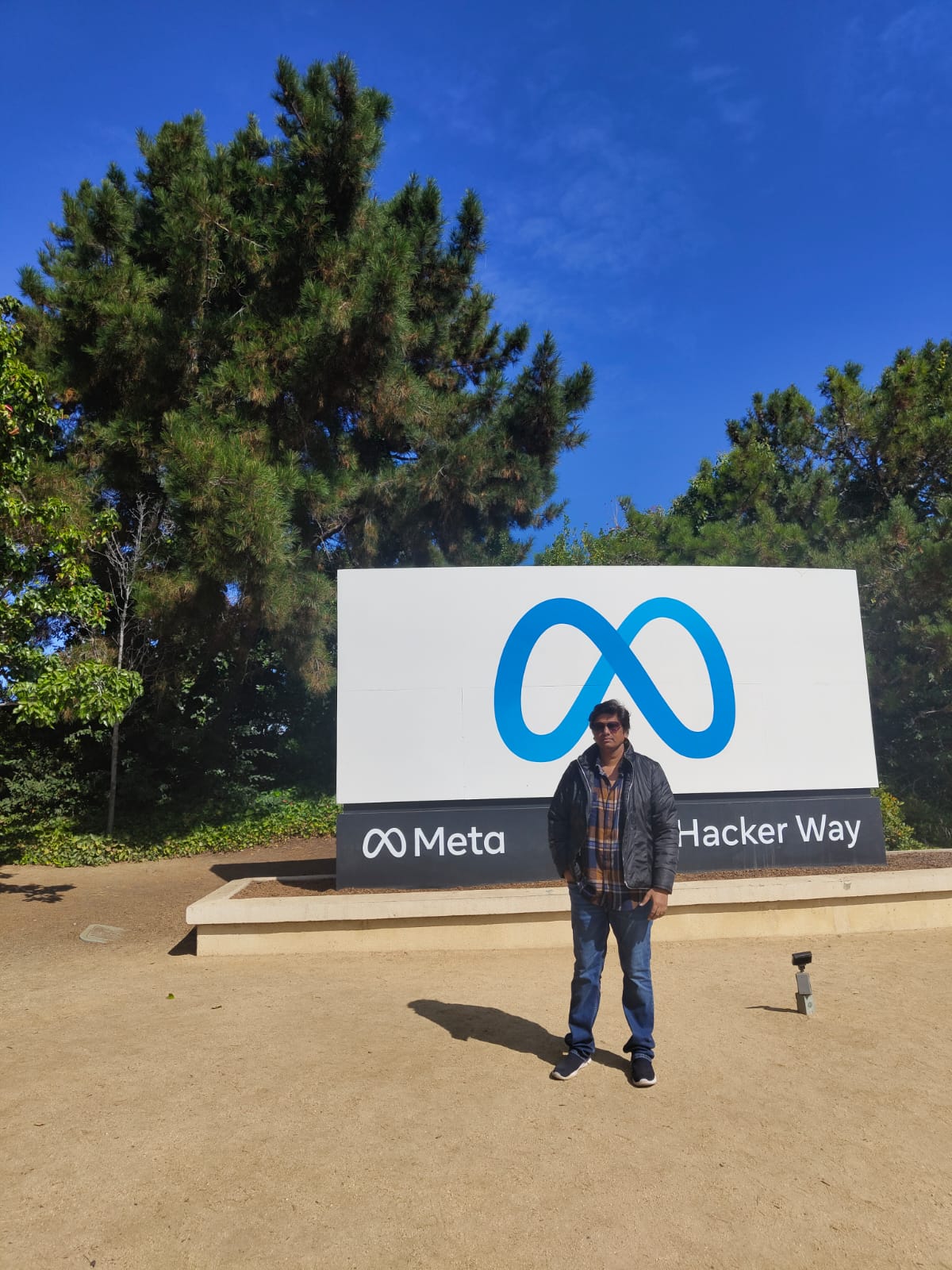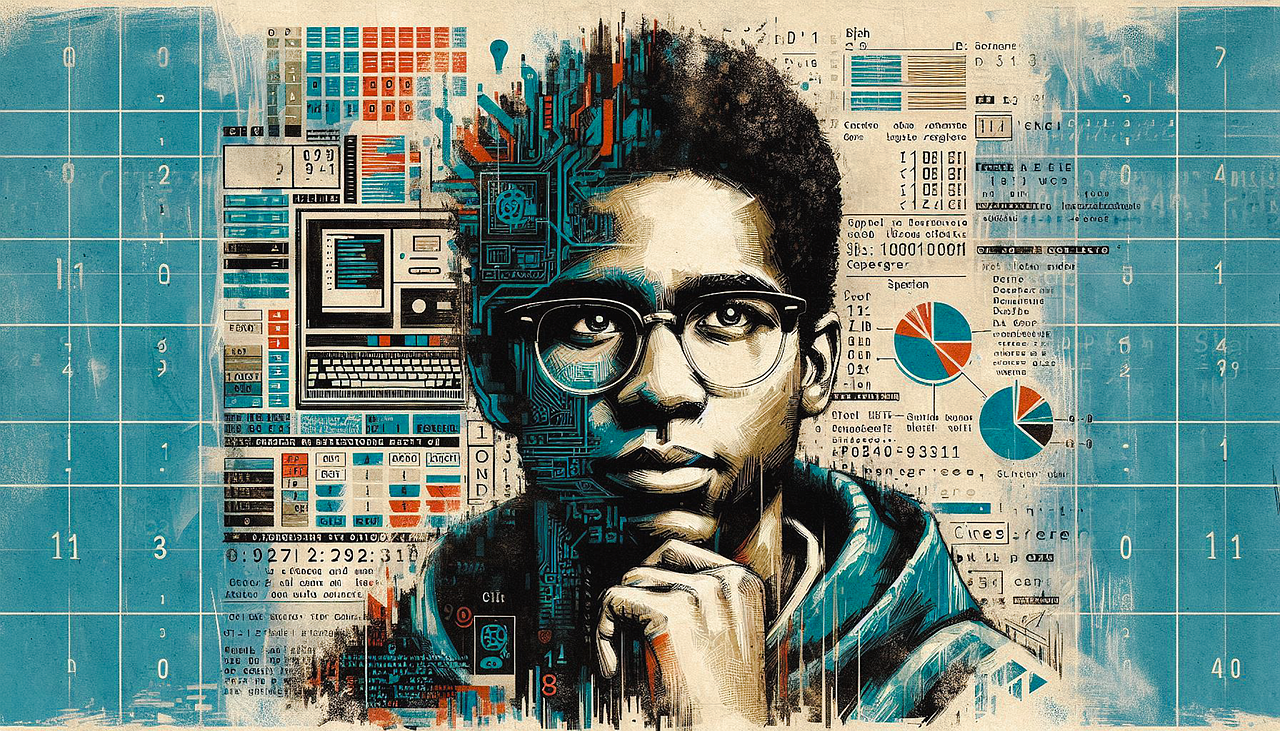The Rise of AI-Generated Code
In a revelation that sent shockwaves through the tech industry, Microsoft CEO Satya Nadella announced that 20-30% of the company’s code is now AI-generated This milestone, achieved using tools like GitHub Copilot, Amazon CodeWhisperer, and Google’s Codey, marks a seismic shift in how software is built.
AI coding tools are trained on vast repositories of public code, enabling them to autocomplete lines, generate boilerplate functions, and even draft entire modules. For Microsoft, Copilot has become an indispensable assistant, helping developers write code faster-sometimes before their morning coffee brews.
When AI-Generated Code Shines
Speed Meets Simplicity
AI excels at repetitive tasks:
- Boilerplate code (test scaffolding, configuration files)
- Common algorithms (sorting, data parsing)
- Documentation (auto-generating comments)
Microsoft reports developers using Copilot complete tasks 55% faster, freeing them to tackle complex architecture and creative problem-solving. For junior developers, AI acts as a real-time mentor, offering syntax suggestions and reducing dependency on platforms like Stack Overflow.
The Dark Side of AI-Generated Code
Hidden Vulnerabilities
AI’s reliance on public code repositories introduces risks:
- Bug replication: Inheriting flaws from training data
- Security gaps: Vulnerable authentication logic or data-handling functions
- Accountability voids: Who’s responsible when AI-written code fails?
As Nadella noted, AI performs unevenly across languages-exceling in Python but struggling with legacy C++. This inconsistency raises concerns for mission-critical systems like Windows updates.
Creativity vs. Automation
Can AI Replace Human Ingenuity?
While AI automates code completion, it lacks the nuanced reasoning of seasoned developers:
- Architectural design: Structuring scalable systems from scratch
- Domain expertise: Understanding industry-specific requirements
- Ethical judgment: Balancing performance with user privacy.
As Microsoft CTO Kevin Scott predicts, 95% of code could be AI-generated by 2030-yet humans will remain essential for high-level strategy.
Should AI Write 30% of Code?
The Verdict
- For low-stakes tasks: AI is a game-changer, boosting productivity without compromising quality.
- For critical systems: Human oversight remains non-negotiable.
Nadella’s 30% benchmark isn’t just a number-it’s a warning. As AI coding tools evolve, companies must balance automation with rigorous code reviews and security audits.
The Future of AI in Development
Internal Links:
- How AI is transforming cybersecurity
- The ethical dilemmas of automated coding
The tech industry stands at a crossroads. While AI-generated code promises unprecedented efficiency, over-reliance risks stifling innovation and introducing systemic vulnerabilities. As Zuckerberg predicts AI handling 50% of Meta’s coding by 2026, the challenge lies in harnessing automation without losing the human touch.

Kay Parker is a seasoned journalist and content strategist with over 20 years of experience across diverse industries and media platforms.












